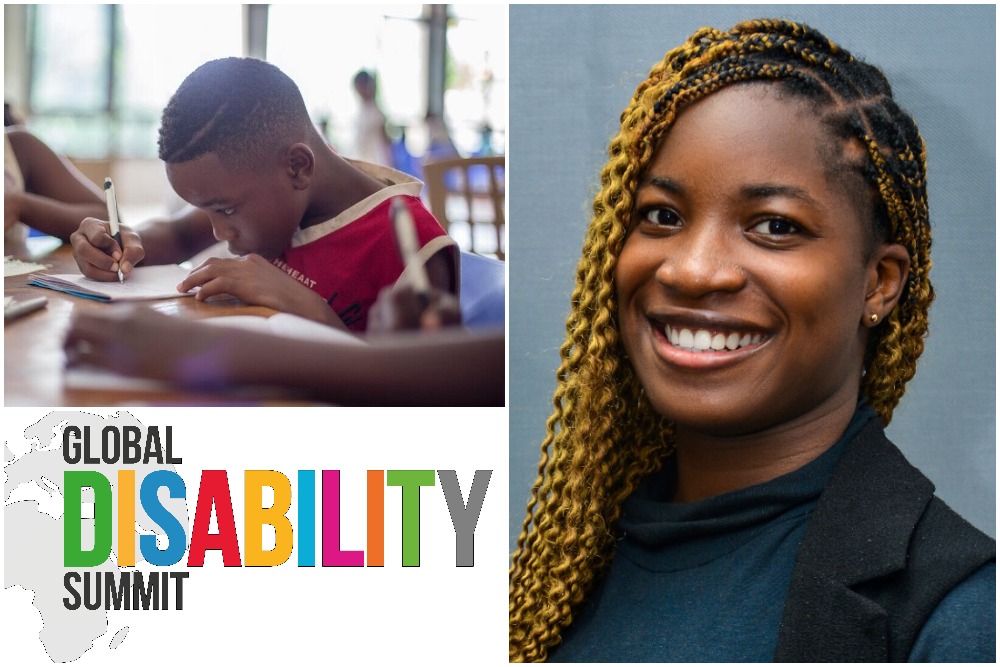The reasons include a public education system with high drop-out rates, slow economic growth, black empowerment schemes that have benefitted only a few, and poor leadership by former President Jacob Zuma, who resigned in February facing corruption charges.
But South Africa’s apartheid legacy plays a central role too. Many poor people still live in townships purposely built far from urban centres, and with little access to cheap public transport.
They have few prospects of finding work they can reach, or teaching their children how to get it.
“It’s the geography part that’s often missed,” said Jak Koseff, head of Tshepo 1 Million, a youth jobs push run by Gauteng Province, where Johannesburg is located. “It’s really at the heart of the problem.”
To change that, Harambee sends young recruiters – who it calls “feet on the streets” – into deprived townships and collects contacts of young people hoping for jobs.
It then invites some into its offices for a day to gauge their interests and skills, test their analytical thinking, and help them create an email account and CV.

